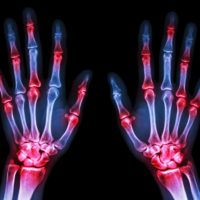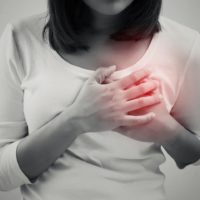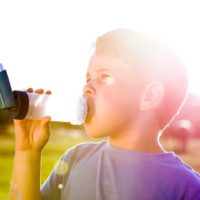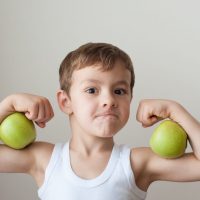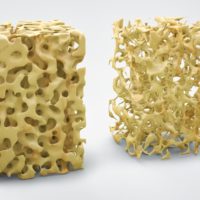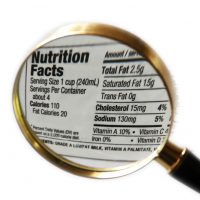
Constipation Nation
Published
Constipation is very common in Australia. It affects up to 1 in 10 children and 1 in 5 adults. In addition to causing unpleasant symptoms, it may lead to complications. Constipation may also be a sign that you have a more serious underlying condition. What is constipation? Constipation is defined as having hard, dry stools

